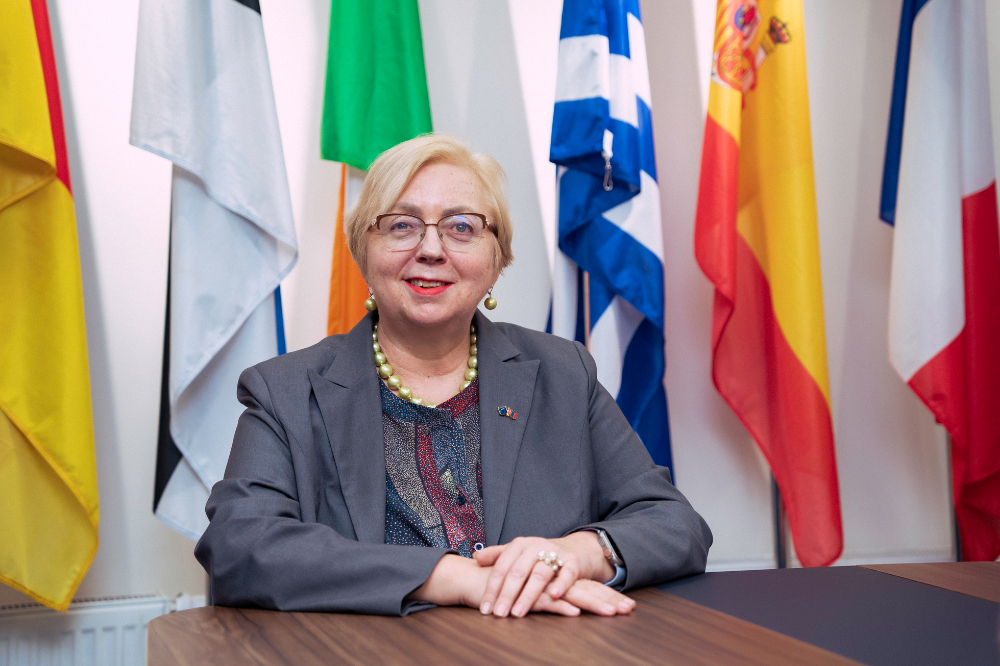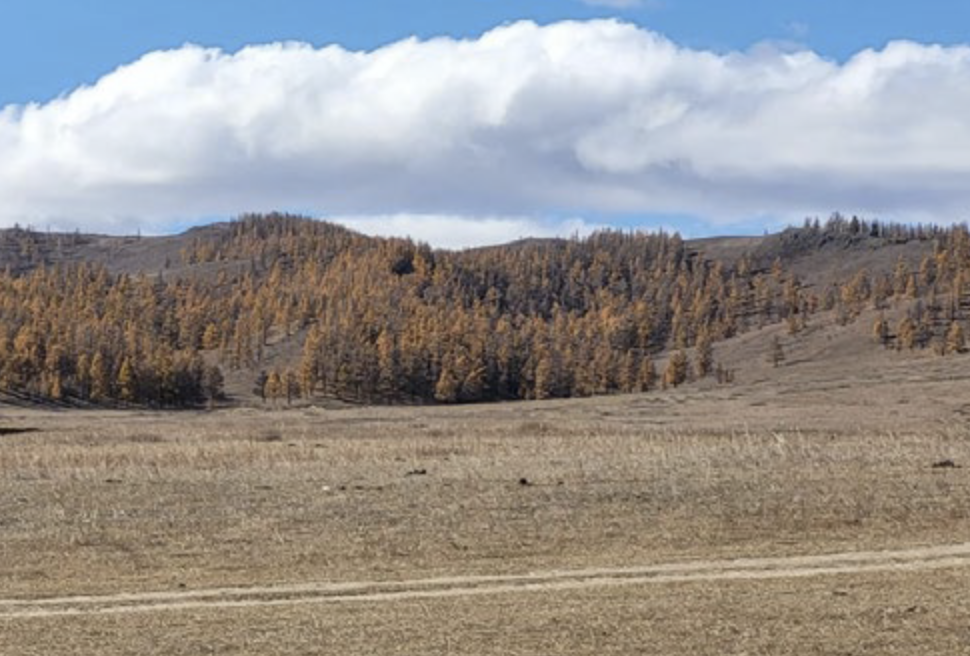“I have always felt a deep connection to forests” - EU Ambassador to Mongolia Ina Marciulionyte
Discussion details
“I have always felt a deep connection to forests” - EU Ambassador to Mongolia Ina Marciulionyte
The EU Ambassador to Mongolia grew up surrounded by nature. In her replies to our questions she explains how through the EU-Mongolia Forest Partnership, discussions have expanded beyond forestry to include broader environmental issues, employment opportunities, contributing to strengthening EU-Mongolia relations. The most urgent challenge she says is to transform is to transform the forestry sector from an importing to a service-providing sector.
1.Why do forests matter to you? And your favourite tree?
Forests are vital for me both personally and professionally. Growing up in Lithuania, a country surrounded by nature, I have always felt a deep connection to forests. In Mongolia, forests play an important role in maintaining biodiversity, combating climate change, and providing livelihoods. My favourite trees are oak and birch. Oak symbolises strength and endurance, while birch symbolises resilience, renewal, and new beginnings, often associated with adaptability and strength in overcoming challenges.
2. The EU and Mongolia signed a Forest Partnership in 2022. Is there a before and after in the approach to forests?
The EU-Mongolia Forest Partnership has brought significant changes. Forests are now higher on the bilateral agenda, leading to better coordination and increased investments. The Partnership has fostered EU Member States’ involvement and opened new area for the European Investment Bank (EIB) cooperation in Mongolia. Discussions have expanded beyond forestry to include broader environmental issues, employment opportunities, human resources, agriculture, commercial/profitable yet sustainable businesses, better legal environment, most importantly strengthening EU-Mongolia relations.
3.The greatest challenge for the Forest Partnership between Mongolia and the EU?
One of the challenges is the lack of skilled human resources in forest management and conservation, similar to a global trend these days and maybe a lack of full understanding of impact of climate change. To address this, our Forest Partnership is focusing on improving Technical and Vocational Education and Training (TVET) programs. By building local capacity, we can ensure that Mongolia has the expertise needed for sustainable forest management tailored to the country and effective implementation of forest policies. Strengthening education and training in this area will also empower local communities to actively engage in preserving Mongolia's rich forest resources.
4. The greatest potential of the Forest Partnership between Mongolia and the EU?
The Forest Partnership holds immense potential for advancing sustainability. By sharing knowledge, technologies, and expertise, we can develop better forest governance, enhance biodiversity, and address climate change together. Moving forward, I expect stronger collaboration and innovative solutions to forest management challenges.
5. Which forest-related achievement do you consider the most urgent?
The most urgent challenge to achieve is to transform the forestry sector from an importing to a service-providing sector. This is a huge enterprise that requires a renewed approach towards forests and trees, life on the countryside, respecting traditions and also taking into consideration the real risks of desertification for Mongolia. In that view, the revision of the Forest Law during the Parliament’s spring session is a crucial step in establishing a robust legal framework to support the achievement of key forestry objectives. It will lay the foundation for a strengthened institutional framework, offering clearer mandates for effective forest management on the ground. We are glad to closely partner with Mongolia on this challenging but necessary path for the next generations.


Log in with your EU Login account to post or comment on the platform.